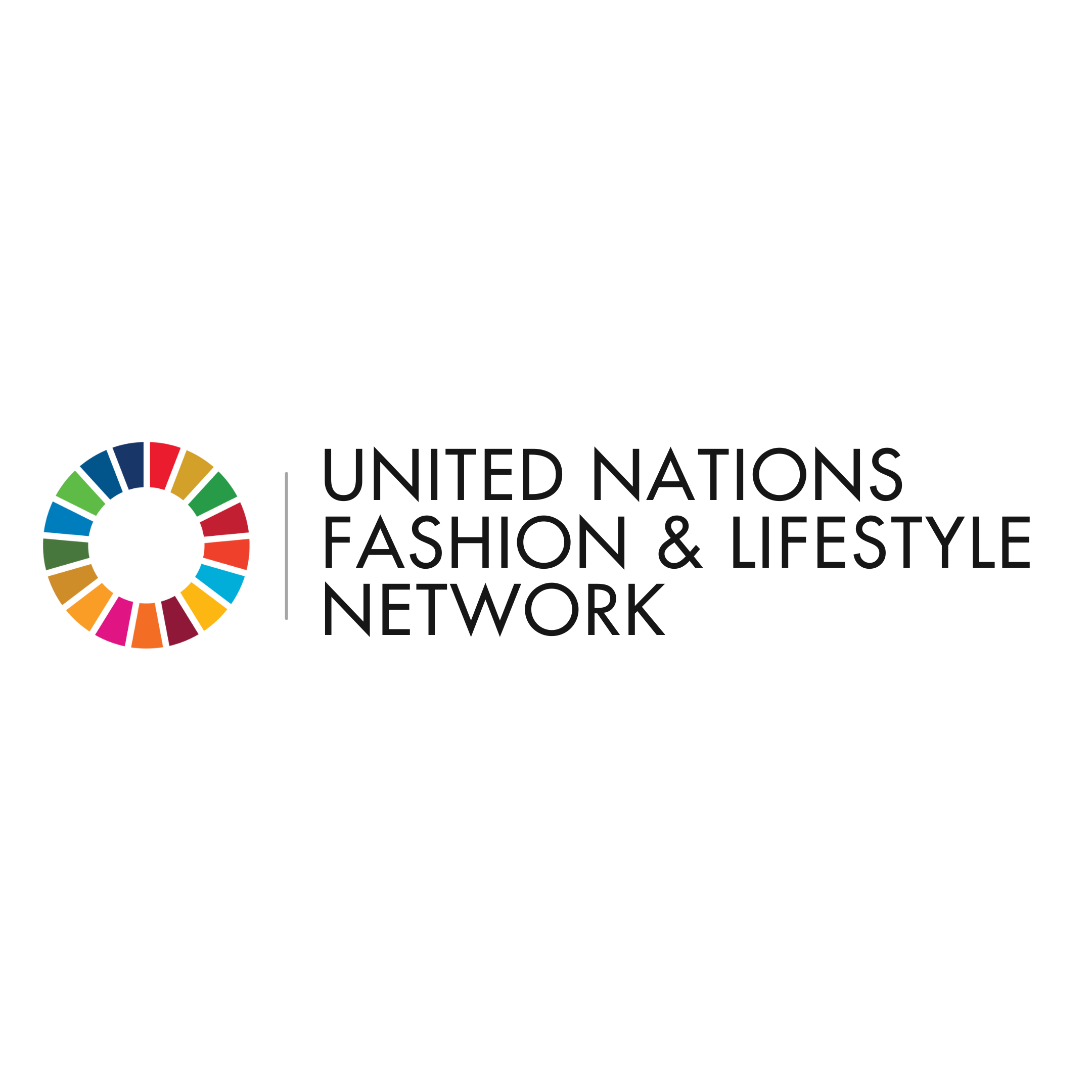Redress
Description
Catalysing a circular economy for fashion in Hong Kong: \r\nOn average, 339 tonnes of textiles were discarded every day into Hong Kong Landfills.* Redress works to educate Hong Kongers about textile and clothing waste with the ultimate goal of keeping clothes in use for longer and textile waste out of landfill. Redress works to change mindsets and practices to reduce the production of textile waste, as well as creating systems and partnerships that generate and showcase value in existing waste. Redress achieves this predominantly through increasing primary and secondary school engagement, and through consumer campaigns. They also provide the public with educational resources on the impact of the fashion industry and concrete examples of how to make conscious consumer choices through its campaigns. To promote sustainable behavioural change, Redress conducts consumer programs, such as workshops, campaigns, pop-up shops, clothing drives and exhibitions. Redress also works closely with schools, providing materials for teachers and students to integrate the subjects of overproduction, overconsumption, clothing pollution, textile waste and future innovation. \r\n\r\nThe Redress Design Award: \r\nThe Redress Design Award is the world’s largest sustainable fashion design competition. Organised by Redress, the competition works to educate emerging fashion designers around the world about sustainable design theories and techniques in order to drive growth towards a circular fashion system. By putting sustainable design talent in the global spotlight, the competition creates a unique platform for passionate and talented fashion game-changers to transform the global fashion industry and rewards the best with career-changing prizes to maximise long-term impact. Each competition cycle takes participants on an educational journey lasting several theory and design-packed months. We work to educate designers about fashion’s negative environmental impacts, whilst inspiring them to use circular design strategies to cut waste out of fashion. Through our lectures, pathway course, academies, online LEARN platform and educational work in partnership with more than 140 universities around the world, we provide young designers with the theory and techniques to help them understand the new circular economy and capitalise on its global potential for the fashion industry. We then challenge participants to flex their creative genius and prove that they have the ingenuity and conviction to transform textile waste into stunning, scalable and commercially viable collections that will inspire and redress the world.
SDGS & Targets
Goal 12
Ensure sustainable consumption and production patterns
12.1
Implement the 10-Year Framework of Programmes on Sustainable Consumption and Production Patterns, all countries taking action, with developed countries taking the lead, taking into account the development and capabilities of developing countries
12.1.1
Number of countries developing, adopting or implementing policy instruments aimed at supporting the shift to sustainable consumption and production
12.2
By 2030, achieve the sustainable management and efficient use of natural resources
12.2.1
Material footprint, material footprint per capita, and material footprint per GDP
12.2.2
Domestic material consumption, domestic material consumption per capita, and domestic material consumption per GDP
12.3
By 2030, halve per capita global food waste at the retail and consumer levels and reduce food losses along production and supply chains, including post-harvest losses
12.3.1
(a) Food loss index and (b) food waste index
12.4
By 2020, achieve the environmentally sound management of chemicals and all wastes throughout their life cycle, in accordance with agreed international frameworks, and significantly reduce their release to air, water and soil in order to minimize their adverse impacts on human health and the environment
12.4.1
12.4.2
(a) Hazardous waste generated per capita; and (b) proportion of hazardous waste treated, by type of treatment
12.5
By 2030, substantially reduce waste generation through prevention, reduction, recycling and reuse
12.5.1
National recycling rate, tons of material recycled
12.6
Encourage companies, especially large and transnational companies, to adopt sustainable practices and to integrate sustainability information into their reporting cycle
12.6.1
12.7
Promote public procurement practices that are sustainable, in accordance with national policies and priorities
12.7.1
Number of countries implementing sustainable public procurement policies and action plans
12.8
By 2030, ensure that people everywhere have the relevant information and awareness for sustainable development and lifestyles in harmony with nature
12.8.1
Extent to which (i) global citizenship education and (ii) education for sustainable development are mainstreamed in (a) national education policies; (b) curricula; (c) teacher education; and (d) student assessment
12.a
Support developing countries to strengthen their scientific and technological capacity to move towards more sustainable patterns of consumption and production
12.a.1
Installed renewable energy-generating capacity in developing and developed countries (in watts per capita)
12.b
Develop and implement tools to monitor sustainable development impacts for sustainable tourism that creates jobs and promotes local culture and products
12.b.1
Implementation of standard accounting tools to monitor the economic and environmental aspects of tourism sustainability
12.c
Rationalize inefficient fossil-fuel subsidies that encourage wasteful consumption by removing market distortions, in accordance with national circumstances, including by restructuring taxation and phasing out those harmful subsidies, where they exist, to reflect their environmental impacts, taking fully into account the specific needs and conditions of developing countries and minimizing the possible adverse impacts on their development in a manner that protects the poor and the affected communities
12.c.1
Amount of fossil-fuel subsidies (production and consumption) per unit of GDP
SDG 14 targets covered
| Name | Description |
|---|
Deliverables & Timeline
Resources mobilized
Partnership Progress
Feedback
Action Network

Timeline
Entity
SDGs
Geographical coverage
More information
Countries
Contact Information
Gwendoline Venn, Community Development Manager

